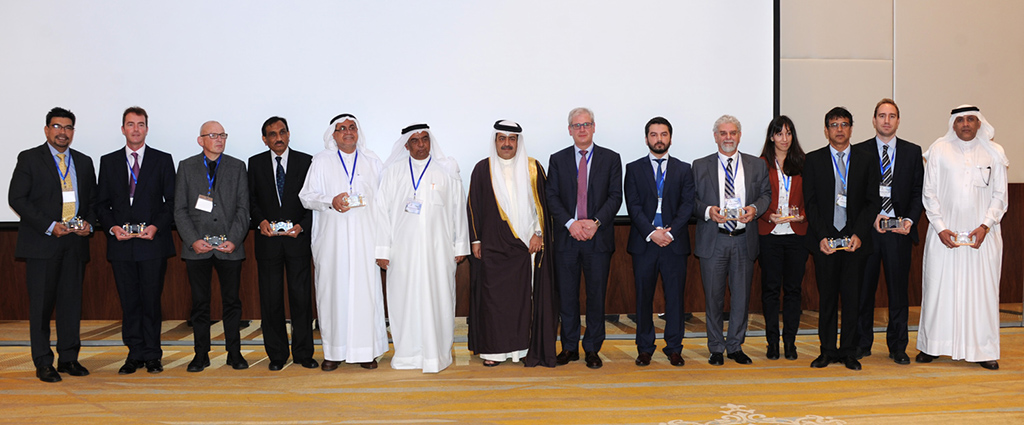Collective efforts from the expat’s country of origin as well the country of his workplace are needed to ensure fair recruitment practices for expat labourers, according to Ausamah Al Absi, Chairman of Labour Market Regulatory Authority (LMRA) and Human Trafficking Committee.
Addressing a gathering at the inaugural session of a forum on ‘Fair Recruitment Practices and Their Role in Private Sector Development yesterday, Al Absi said that cooperation was needed from both ends as two countries were involved in the migration and employment of expat labourers.
Highlighting the need for joining hands with the countries, which export manpower to foreign nations, the LMRA CEO said: “Unless we do collectively, we won’t be able to sort this problem out in a satisfactory manner.” Meanwhile, he asked the participants to discuss the issue of fair recruitment practices with clarity and transparency.
Focusing on the issue of collection of exorbitant fees from the prospective employees, he said that the employees were highly indebted before they stepped into a foreign country. Finally, they resort to breaking laws, as they believe that there is no other option left for them, he said. Unfortunately, the exchange of money takes in another country, where the labourer comes from.
Therefore, two countries should work together, he said. If a country wants the labour market to be flourished, the labourers should be protected, Al Absi said, stressing the need for putting an end to illegal middlemen who exploit the labourers at their home countries. The recruitment practices reach criminal levels as the process involves collecting money from the prospective employees, who don’t have it, the LMRA CEO said.
Dr Zakaria Ahmed Hejres, Chairman of Board of Trustees, MENA Centre for Investment, said a win-win approach was needed in dealing with recruitment practices as sending and receiving countries were involved in the process. He said that out of 50 million population of GCC, 24m were non-GCC nationals, highlighting the role of expats in the GCC countries.
Laurent Deboeck, Head of Labour Mobility and Human Development Division, said the new trends in the labour movement came with diversity and considerable risk. Nowadays, countries like Nepal, Indonesia and African nations have been gaining importance as the labour force providers. Due to technological advancements, a labourer can migrate to another country within a few times, he said, adding that every seventh person was a migrant in the world. The two-day forum has been organised by MENA Centre for Investment and Labour Market Regulatory Authority.

